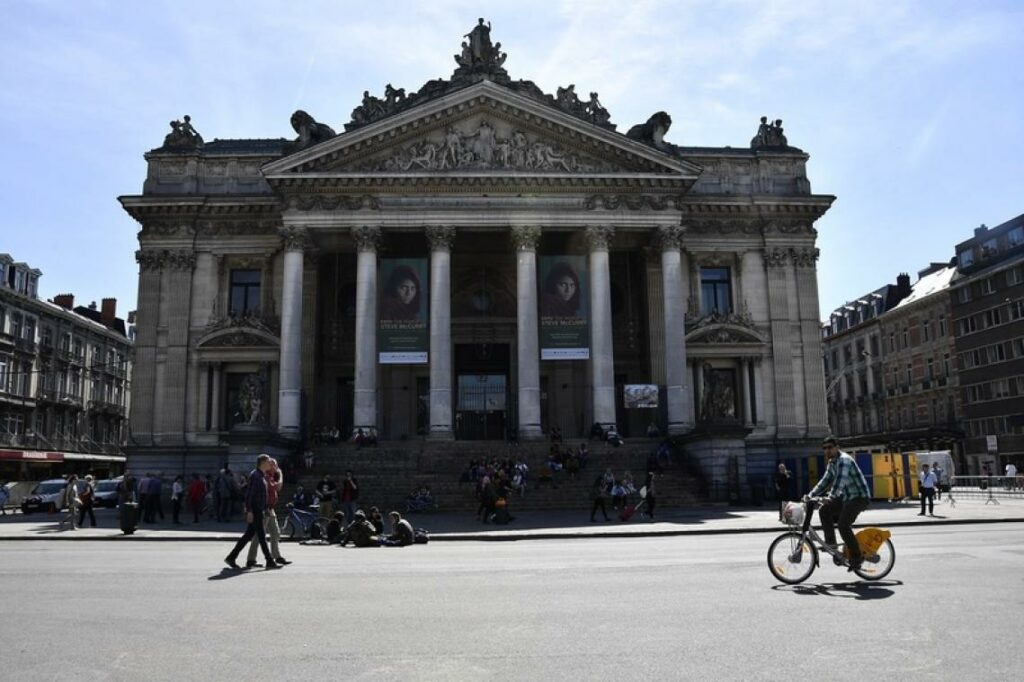The fact there is no integrated cultural policy in Brussels has prompted Dutch-speaking jurists Arnaud Bouten and Karel Reybrouck, both specialists in comparative law, to consider ways in which dialogue on and implementation of regional, community and federal cultural policies can be improved.
Through the lens of comparative law, the experts are investigating whether other federal capitals, such as Berlin, Brasília, Canberra or Ottawa, could provide interesting blueprints for political cooperation that Brussels could follow. The initial findings, however, are not encouraging.
In Berlin, culture is mainly the responsibility of the state, and since German national cultural institutions are devolved, "the number of institutions supported by the Federal Government in the capital is relatively limited," the experts told RTBF.
This is quite the opposite of Brussels, which is the location for almost all federal museums, except the Africa Museum. Through certain dedicated budgets, however, the German federal state assumes part of the capital's cultural policy, which sometimes happens "to the detriment of its local cultural life" and comes under fire from other states that are not as well-supported by the Federal Government.
Dual cultural policy?
In Brazil, which has a decentralised state, policies are "mainly implemented at the local and state levels, which together account for about 80% of public spending on culture," the experts noted. The major institutions remained in Rio, but "cultural policy is 'defined at the national level and implemented at the regional level.'" This ensures a convergent line, but how would this translate to the communities of Belgium?
Australia provides a more interesting case study. As in Brussels, "Canberra has a concentration of a large number [of cultural institutions]. These institutions are seen as playing a vital role, including preserving and presenting Australian history and culture, expressing and exploring the country's national identity, and contributing to the [Capital Territory] economy (primarily through tourism)."
Related News
- Bouncing Back from Covid-19: Brussels' vibrant but tested music scene
- Rave to be held at 'Palaces' under Brussels Midi Station, open for the first time in 20 years
Belgium has the CIM Culture, an essential place of consultation and dialogue in its federal state between the ministers in charge of cultural matters, on issues that are often at the crossroads of other competences and levels of power. Australia has something very similar, an assembly that brings together the ministers of culture. But for how long remains to be seen, as there is talk of dissolving it.
As in Belgium, national cultural institutions in Australia are the sole responsibility of the Federal Government and, as in Belgium, the capital territory government has very little dialogue with the directors of their national cultural institutions. An investigation report, however, recommends building a bridge between national institutions and regional power.
So, can Belgium, which conducts a "dual" cultural policy (regional and federal side by side) in Brussels, improve by looking at these other examples? The findings so far are not very convincing.

